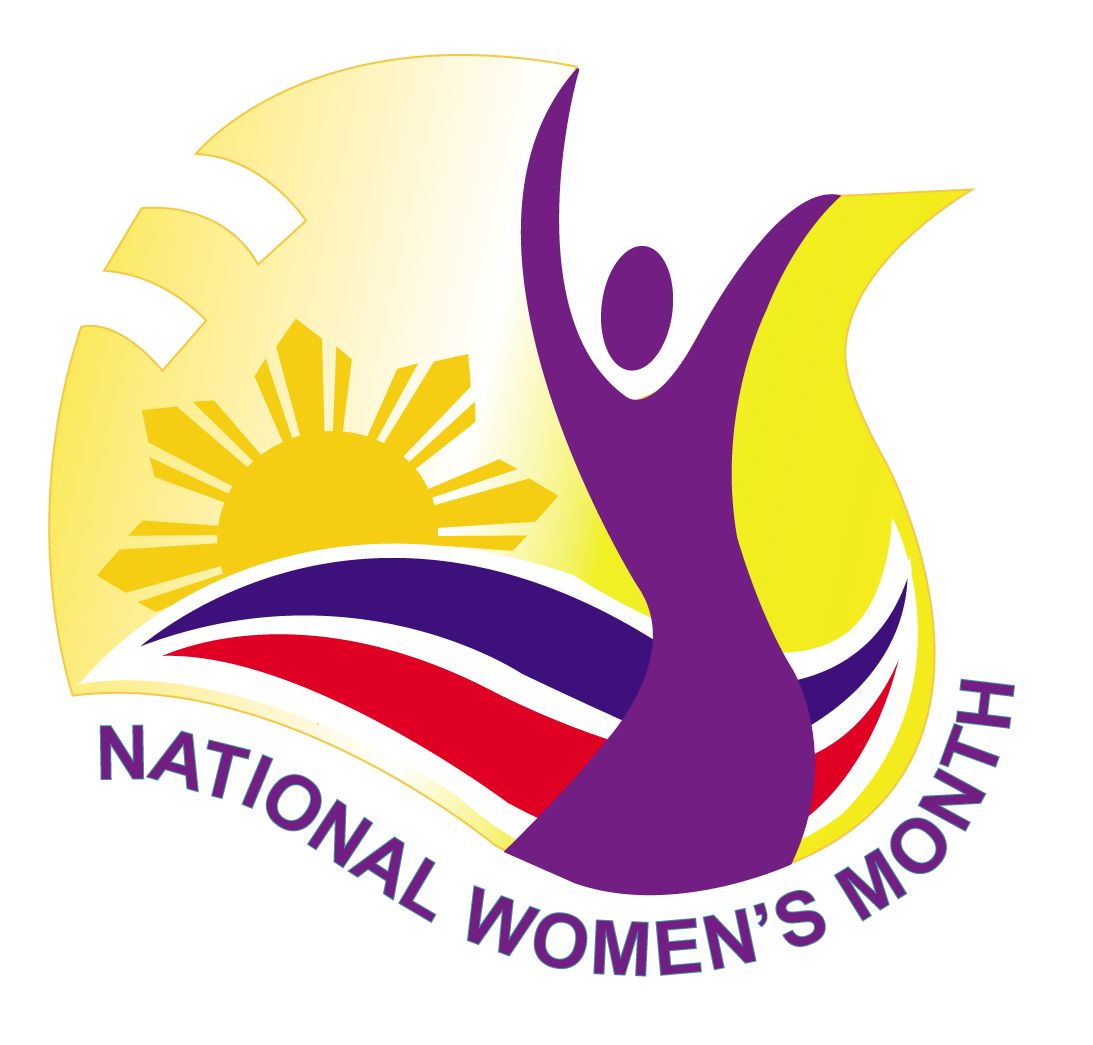
National Women’s Month
The observance of International Women’s Day (IWD) was a result of the organizing activities of women in the early 20th Century. Between 1909 and 1911, working women in the United States of America participated in organizing strike activities of the National Women’s Trade Union League and other concerned groups. They were protesting against low wages, lack of protective legislation and the very poor working conditions to which women workers were subjected during that time.
The demonstrations were an offshoot of the tragic March 1911 Triangle Shirtwaist Factory fire in New York City, which took the lives of more than 140 working girls, mostly Italian and Jewish immigrants. Subsequently, the inhumane working conditions and other unfair labor practices leading up to the disaster were invoked during observances of IWD.
In Europe, Clara Zetkin and the Socialist Women’s International demanded that March 8th be International Women’s Day, celebrated each year to recognize working women around the world. The celebration of IWD has since stimulated major historical events. For instance, IWD was the inspiration for the general strike, which began the Russian Revolution in St. Petersburg in 1917 when 10, 000 women textile workers demonstrated.
It is due to such a history of women organizing around the world that IWD was officially recognized by the United Nations to celebrate women’s contributions to all societies.
In the Philippines, the Women’s Month Celebration has since served as a venue to highlight women’s achievements and discuss continuing and emerging women’s empowerment and gender equality issues and concerns, challenges, and commitments. The celebration focuses on concrete activities that are aligned with national and international instruments and treaties such as the Convention on the Elimination of All Forms of Discrimination Against Women, the Beijing Platform for Action, the Philippine Plan for Gender-Responsive Development (1995-2025), the Framework Plan for Women, and the Sustainable Development Goals.
Legal Mandates
The passage of the following laws serves as the legal bases for the celebration of National Women’s Month:
Proclamation No. 224 s. 1988, “Declaring the First Week of March of Every Year as Women’s Week and March 8, 1988, and Every Year Thereafter as Women’s Rights and International Peace Day.” Signed by former President Corazon C. Aquino on March 1, 1988, it affirmed our solidarity with the United Nations and recognized Filipino women’s contribution to the struggle for national independence, civil liberties, equality, and human rights.
Proclamation No, 227 s. 1988, “Providing for the observance of the Month of March as ‘Women’s Role in History Month’” Signed by President Aquino on March 17, 1988, reinforced the earlier proclamation by emphasizing the role of Filipino women in the social, cultural, economic and political development throughout our history. It provided for a month-long nationwide observance with appropriate ceremonies and activities to be spearheaded by the Commission.
R.A. 6949 s. 1990, “An Act to Declare March Eight of Every Year as a Working Special Holiday to be Known as National Women’s Day” was signed by President Aquino on April 10, 1990. The law further strengthened the impetus for the celebration by declaring every March 8 as a special working holiday and enjoining employees from the government and private sector to participate in activities conducted by their offices.
2023-2028 Theme
The 2023 National Women’s Month Celebration marks a juncture in the advancement of women’s rights as it launches a new recurring theme from this year to 2028: WE for gender equality and inclusive society. It sparks a renewed commitment to the advocacy and banks on the gains achieved during the 2016-2022 theme, WE Make CHANGE Work for Women, which emphasized the need for compassionate and harmonized networks towards gender equality and women’s empowerment (GEWE).
The recurring theme also aligns with the Philippine Development Plan 2023-2028, which aims for “deep economic and social transformation to reinvigorate job creation and accelerate poverty reduction by steering the economy back on a high-growth path.” The plan also highlights that growth must be inclusive, building an environment that provides equal opportunities to all Filipinos and equipping them with skills to participate fully in an innovative and globally competitive economy.
We begin this new era of the National Women’s Month Celebration with the hope and ambition that WE are all for Gender Equality, WE are all for an inclusive society.


